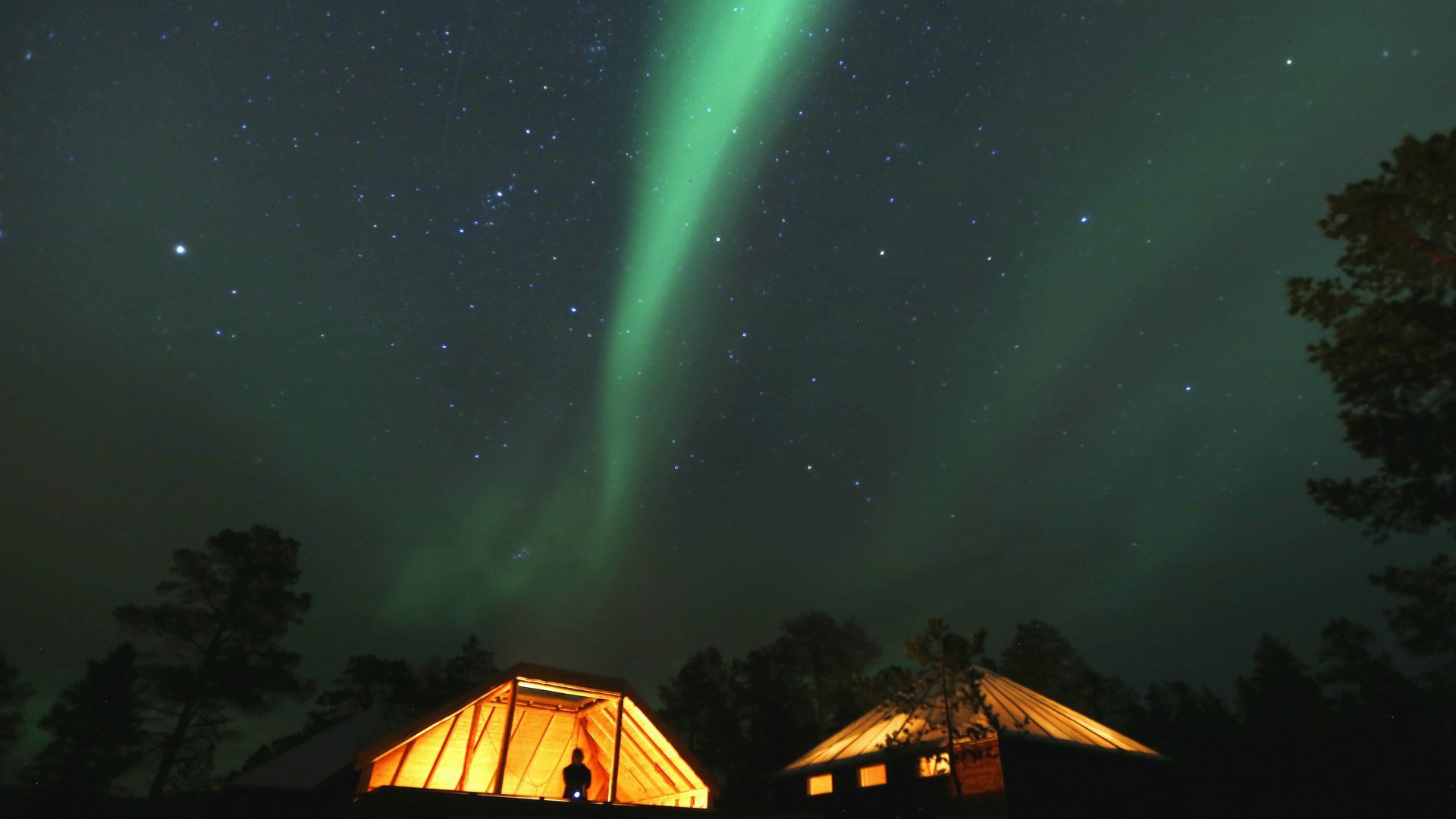Study: How experiencing awe transforms the way you treat the people around you
From the researchers that brought you the conclusion that money makes people meaner comes a new paper: Having an awesome experience makes people nicer.


From the researchers that brought you the conclusion that money makes people meaner comes a new paper: Having an awesome experience makes people nicer.
“Awe has an important collective function,” says Paul Piff, an assistant professor of psychology at University of California, Irvine, and the lead researcher on the new study. “It helps people fold into their groups by helping them feel less entitled and clueing them in to bigger things like our species.”
In other words, watching five minutes of Planet Earth or staring at a beautiful tree for a short while could make you act more generously.
In a series of five studies involving more than 2,000 subjects, the researchers demonstrated that watching a five-minute clip of vast natural beauty like the Grand Canyon or something as tiny as water droplets moving in slow motion changed people for the better. Those who experienced wonder were less likely to cheat or take money that wasn’t theirs.
Even recalling the memory of an awesome moment made people act more ethically.
But does wonder work the same way outside the lab? Piff took participants outside—and into nature—to find out. Participants were asked to stare for one minute at a grove of 200-feet-high blue gum eucalyptus trees. Others stared at a campus building of the same height. Afterward, a researcher carrying the follow-up questionnaire staged an accident, pretending to drop a box of pens.
According to Piff, the subjects who had stared at the trees picked up significantly more pens. They weren’t just more helpful helpers; the awed participants also wanted to be paid half as much for their participation in the study.
What triggers the altruism, the researchers say, is a feeling of smallness.
Participants who were made to feel wonder were asked afterward whether they felt “the presence of something greater than [themselves].” In significant numbers, they did. Even after controlling for other positive emotions like love, the researchers attributed this feeling to the subjects’ sense of awe.
“Experiences of awe,” says Piff, “connect people to things larger than themselves. In so doing it motivates people to do things bigger than themselves.”
Considering the take-off of smallness-inducing images of and from space, and the commercial success of series like Planet Earth, this is great news for us tiny humans.
“Awe is an experience that arises when you perceive something physically or conceptually vast, but that also makes you feel that your current understanding of the world is not adequate,” Piff says. ”It doesn’t take much—even 60 seconds—to give yourself a little time to experience something anew.”
And what better way to do that than to consider the universe? Indeed, says Piff, “We all can look up.”
